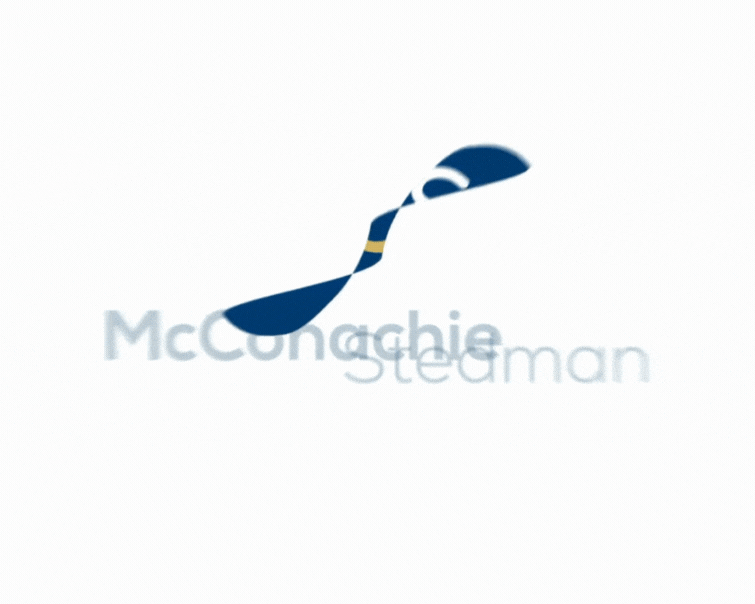Understanding Capital Gains Tax when you inherit
Receiving an inheritance is always welcome, but people often forget the tax man will take a keen interest in their good fortune.
There are numerous situations whereby when ownership of an asset is transferred or disposed of it may incur a capital gain or loss with potential tax implications. So what are the tax rules when you inherit a property, or another investment asset like shares, and when you eventually decide to sell?
CGT in Brief
The main tax applying to the transfer and sale of an asset is capital gains tax (CGT). The capital gain or loss from the event will be reportable in the tax return of the financial year in which you contract to sell the asset. Assets acquired prior to 20 September 1985 are exempt from CGT (although it is important to note “pre-CGT” assets do not keep their exemption status once transferred from the deceased).
CGT is not a separate tax but forms part of your normal income tax and is imposed at your marginal tax rate. It applies to the sale of assets such as residential and investment properties, shares and managed funds.
The tax is calculated based on any increase in the value of the asset between the time you acquire or buy it and when you eventually sell.
Inheriting an asset
Fortunately, when someone dies, a capital gain or loss does not apply on death or when an asset passes to the deceased person’s beneficiary, their executor, or from the executor to a beneficiary.
This means if you inherit a property, shares, or an interest in an investment asset, the capital gain on the asset is disregarded by the tax man at this point in time.
There are also exemptions for personal use assets you inherit that were purchased for less than $10,000. This includes furniture, household items and the like.
Generally, CGT is not payable if you inherit collectables such as art, jewellery, stamps or antiques, provided their market value is $500 or less.
Selling your new asset
Although there is no CGT when you inherit a property, that’s not the end of it, as there may be tax to pay when you eventually sell. If the asset is a dwelling, special rules such as the main residence exemption may apply in part or full.
Generally, if you sell an inherited property within two years of the person’s passing and it was either purchased before September 1985 or was the deceased’s main residence at the time or just before their death, and in most cases, not being rented at the time of their death, CGT does not apply.
The two-year period relates to the time from the date of death to the settlement – not exchange – of the sales contract. In some cases, it’s possible to apply to the ATO for an extension to this two-year period.
Special tax rules may also apply if the property was not the deceased’s main residence but it was purchased prior to 20 September 1985. This may result in a full or partial exemption from CGT, so it’s important to talk to your tax advisor about your particular situation.
After the two-year deadline
If you decide to sell your inherited property after the two-year exemption period has elapsed, you will generally have to pay CGT on the capital gain on your property unless it has become your main residence.
The amount of CGT you pay is based on the increase in your property’s value from the date of the deceased’s death to the date of the sale.
When working out the capital gain on an inherited property asset, CGT is calculated based on the sale price less the cost base of the asset. It is a common mistake to believe that the cost base is equal to the market value of the asset at the date of the deceased’s death. If the property was purchased before 20 September 1985 then the cost base will be equal to the market value as at date of death. But should the property be purchased on or after 20 September 1985 the cost base that the beneficiary inherits will be equal to that of deceased’s cost base. For example if they purchased the property on 1 October 1990 then the cost base will be what the deceased acquired it for plus any other allowable capital costs.
The same cost base rules apply to other assets such as shares.
If CGT applies when selling an asset, you normally receive a 50 per cent discount on the capital gain if the asset is owned for over 12 months.
CGT is a complex area of taxation, especially as it applies to inheritance, so if you would like help with handling the tax matters relating to an inherited asset, contact our office today on 1300 363 866.

